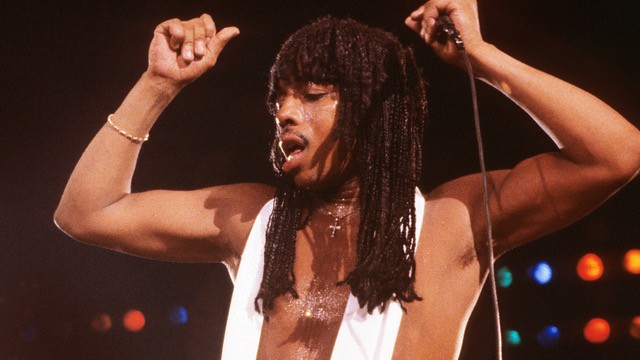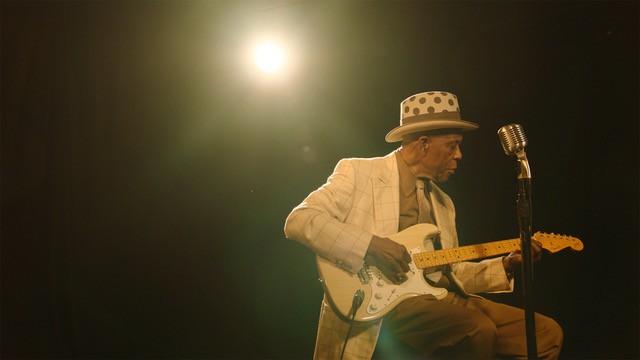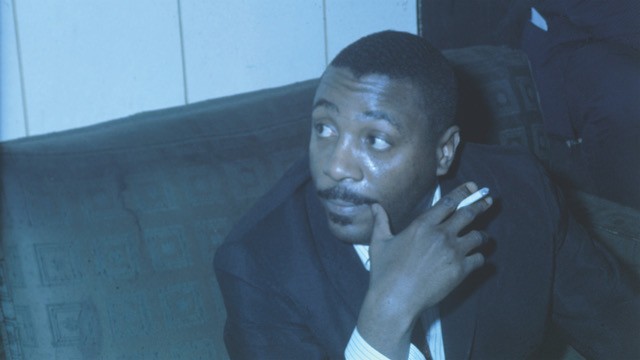By Dwight Brown NNPA News Wire Film Critic
For the 20th annual Tribeca Film Festival necessity was the mother of invention. To accommodate social distancing and other COVID concerns, the innovative fest took its screenings outdoors. Venues like Battery Park in Lower Manhattan, Pier 76 on the Hudson River, Brooklyn’s MetroTech campus and other open-air places hosted movie fans.
Films were played on gigantic screens under the sun, moon and stars. And many of the feature films, docs and shorts well-represented Black life. Missives from African diaspora directors, actors and tech crews were on view in a festival that opened with In the Heights and closed with Dave Chapelle’s documentary This Time This Place. Some of these productions will be in theaters or on streaming services down the road.
All These Sons (***) “We look at young men as the problem. They’re actually the solution if you give them a chance.” Those wise words come from Marshall Hatch Jr., one of the mentors in this illuminating examination of how the MAAFA Redemption Project and the Inner-City Muslim Action Network (IMAN) have shepherded young men away from Chicago’s gang life. They motivate them, teach responsibility and give roadmaps to better lives. On view are consciousness-raising groups, adolescents voting for the first time and churches with stained glass windows depicting black religious leaders. Documentarians Bing Liu (Minding the Gap) and Joshua Altman capture these precious moments of hope adroitly. Editors Jennifer Tiexiera (17 Blocks) and Joe Beshenkovsky pull all the visual clues together as two righteous community organizations give impressionable, at-risk men on Chicago’s South and West sides a path forward.

Bitchin’: The Sound and Fury of Rick James (***) When some wondered if he still had it, Rick James uttered these classic words at an awards ceremony: “Never mind who you thought I was. I’m Rick James bi—!” Filmmaker Sacha Jenkins paints a very colorful portrait of this rock/soul/punk artist who lived life hard and fast: rocky childhood (marred by sexual abuse), fronting rock bands in Toronto (with Neil Young), deciding to wear braids (influenced by Masai women) and writing “Super Freak” (he needed a pop tune dog whistle for whites), hosting orgies (he liked to watch). It’s all thoughtfully recollected by two ex-wives, band members, industry stalwarts and his children. Photos, live performance clips and reimagined epochs done in cheesy animation are grouped together by editor Jason Pollard and fill in the gaps. Documentaries can only be as fascinating as their subjects. That’s why this bio/doc will have legs, because even in the afterlife Rick James gives his fans something to talk about.

Buddy Guy: The Blues Chase the Blues Away (***) He learned how to master his guitar from blues legends Muddy Waters and Howlin’ Wolf. Still here today at age 84, Buddy Guy is one of the last links to a music form that dates back to the deep south in the mid 1800s. In 1957, Guy left Lettsworth, Louisiana to hook up with his idols in Chicago, where he learned the magic of blues power: “Funny thing about the blues, you play them because you’ve got them. You play them and you lose them.” Documentarians Devin Chanda, Charles Todd and Matt Mitchener film Guy deep in thought and reflecting on a life and career that saw a sharecropper’s son leave the cotton fields, win eight Grammys and play a gig at Obama’s White House. Gary Clark Jr., Carlos Santana and Christone “Kingfish” Ingram are among the disciples who tout his influence on their guitar playing. Glimpses of Guy’s electrifying past performances cement his reputation. He’s a legend. An octogenarian guitarist still slinging his polka dot Stratocaster with a verve and dexterity few can muster. Guy is more than worthy of the respect showered upon him in this enlightening doc.
The One and Only Dick Gregory (***) Long before Chris Rock, Dick Gregory slayed audiences with biting, heady social satire. He dedicated his life to the civil rights movement, marched with MLK, was arrested over 100 times and shot in the leg while being a cultural disrupter. Or as he put it and J. Edgar Hoover saw it, an “agitator.” His crusades took an emotional toll (Medgar Evers’ death tore him apart), and a controversial anti-Vietnam War protest fast greatly endangered his health. Yet, he could still make audiences of African Americans or even southern whites laugh their faces off: “I’m America’s soap. All the dirt you see coming off me, is America’s dirt.” Andre Gaines, in his directing debut, documents the comedian’s personal evolution. He and editors Cinque Northern, Ron Eigen and Jason Pollard pull together clips and stills of the droll jokester doing live shows, cigarette in hand, and juxtapose that against shots of him as a vegan/nutritionist sharing wisdom with John, Yoko and Muhammad Ali. Gregory has earned this lionization. Rock, Wanda Sykes, Kevin Hart and others attest to his deeds and impact. Finally, a groundbreaking humorist has been properly extolled.

Sisters on Track (***) We know sports bring people together and can pull kids out of poverty. That’s so evident in this doc where three homeless New York junior high school sisters (Tai, Rainn and Brooke Sheppard) gain fame after becoming Sports Illustrated’s Kids of the Year and landing on the magazine’s cover. Directors Corinne van der Borch and Tone Grøttjord-Glenne’s prying, near-invisible camerawork becomes a three-year visual diary that puts the track stars and their single mom Tonia in the spotlight. Prepping for meets, navigating around fame, getting good grades and applying for high schools propel them. Their beacon and guide is their very savvy coach Jean Bell: “Education is the key and that’s the only way they’re going to make it.” If you loved the Williams sisters’ story, you’ll love this one too, which also candidly follows the angst, bravura and vulnerabilities of tween/teen life. What’s on view is as inspiring as it is gripping. The harsh realities upwardly mobile lower income people confront can be quite sobering. When you find out only seven black kids got into the freshmen class of New York’s prestigious Stuyvesant High School and the sisters didn’t, the film makes that point. And it ticks you off.

The Sit-In: Harry Belafonte Hosts the Tonight Show (**) Back in February 1968, Johnny Carson handed over the hosting of his popular The Tonight Show to Harry Belafonte, a celebrated actor/singer and civil rights activist. That engagement meant that for five nights, white and black America would have a black man visiting their homes and tucking them in. The guest host talked about topical subjects. He assembled an impressive array of singers (Aretha, Dionne, Buffy Saint-Marie), comedians (George Kirby), actors (Paul Newman), politicians (Robert. F. Kennedy) and civil rights leaders (MLK). The ratings went through the roof. In its infinite wisdom, NBC had the habit of recording over tapes. So, director Yoruba Richen can only use two nights of video tape, five nights of audio tape and opinions by artists Questlove, Tamron Hall and Belafonte himself to recapture that seminal moment. References to other timely events are made (MLK and RFK assassinations), insights about Carson’s willingness to promote racial justice feel dubious at best and archival footage of Belafonte’s career seem like filler. What should have been an intense half-hour documentary short film feels stretched into 77 minutes of well-intentioned fluff. Yes, this doc is historically significant, but it’s way too long for the slim source material at hand. If you think of this as a companion piece to the 2011 Belafonte doc Sing Your Song, it makes more sense.
For more information about Tribeca Film Festival go to: https://www.tribecafilm.com
Visit NNPA News Wire Film Critic Dwight Brown at DwightBrownInk.com and BlackPressUSA.com.




